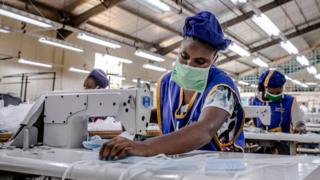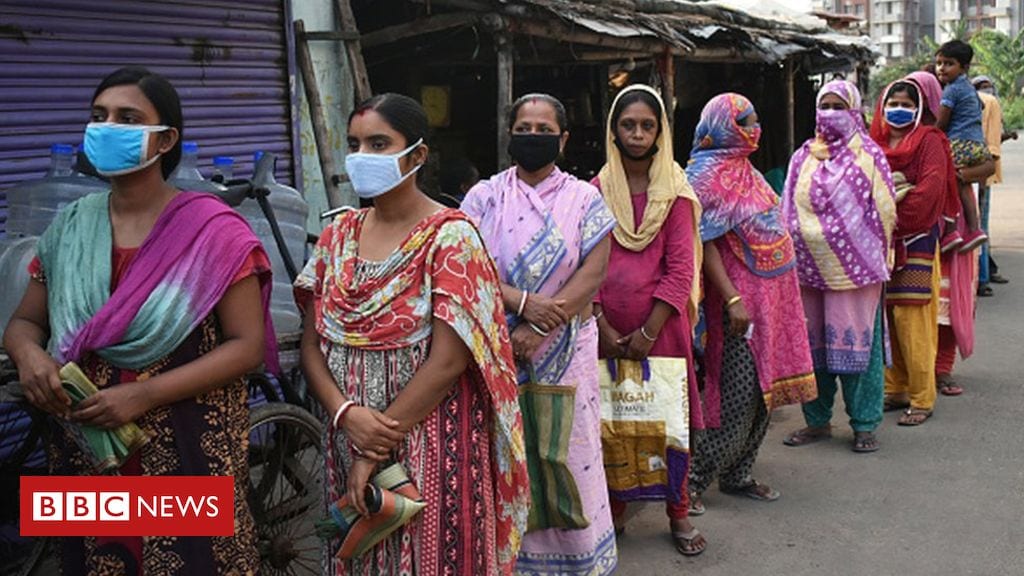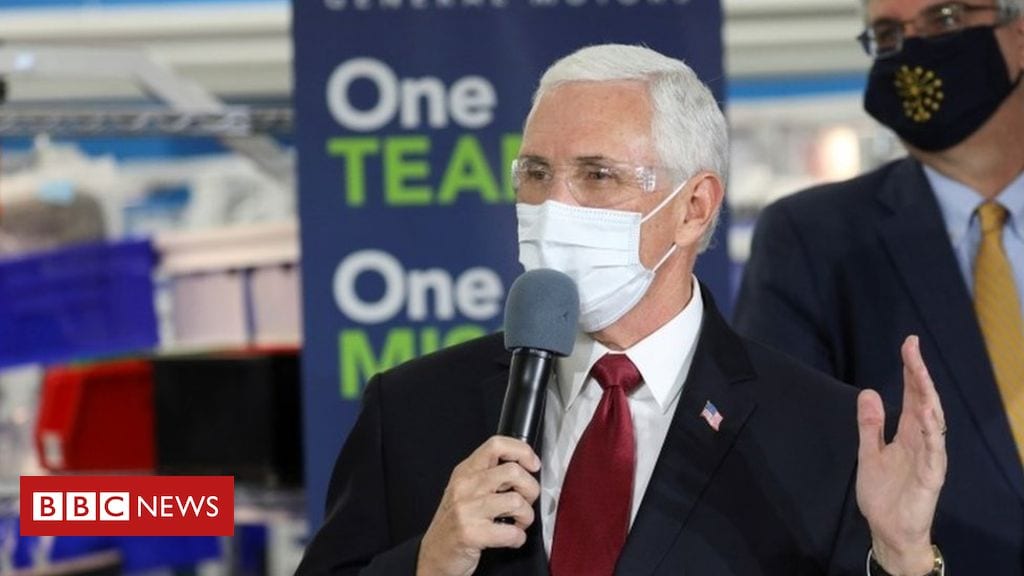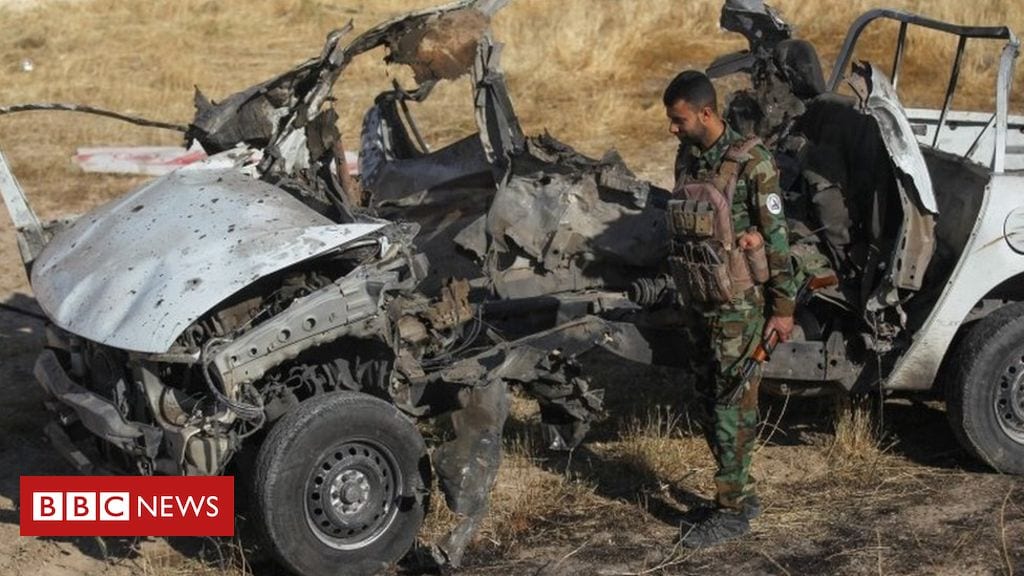[ad_1]

Image copyright
AFP
Coronavirus has hit developing economies hard
Nations belonging to the G20 group of leading economies have agreed to suspend debt payments owed to them by some of the world’s poorest countries.
The agreement covers money that is due to be paid to G20 governments up to the end of 2020.
The aim is to help countries deal with the health and economic impacts of the coronavirus pandemic.
The Jubilee Debt Campaign group has described the move as a first step, but called for much more.
The UK-based charity estimates that the delay will cover $12bn (£9.6bn) of payments.
But it is only a delay and the campaign group understands that the payments will instead have to be made between 2022 and 2024, along with interest accrued in the meantime.
In all, 77 countries are due to benefit from the agreement.
The plan was provisionally agreed on Tuesday by the G7 leading developed countries, but it was conditional on support from the wider G20.
Some countries, notably China and Saudi Arabia, which are in the G20 but not the G7, are significant lenders to developing countries. The G7 wanted a contribution to the debt payment suspension from those nations.
Cancellation call
The move reflects the widely shared view that low-income countries face an especially severe challenge in coping with both the health and economic consequences of the pandemic.
The G20 has also called for private lenders to take similar steps for debts owed to them by the poorest countries. However, the G20 suggested this could be done on a voluntary basis.
The Jubilee Debt Campaign has said that is not enough. It wants to see legal changes to ensure that private creditors cannot use the courts to sue developing countries if they miss payments.
That is particularly relevant to the UK and New York, because most developing-country debt agreements use those jurisdictions’ laws.
The campaigners also say that the payments should be cancelled outright rather than merely deferred.
That was in effect done earlier this week for a more limited amount of debt payments owed to the International Monetary Fund. It decided to use its own resources to make the payments due in the next six months from 25 low-income countries, mainly in Africa.

















